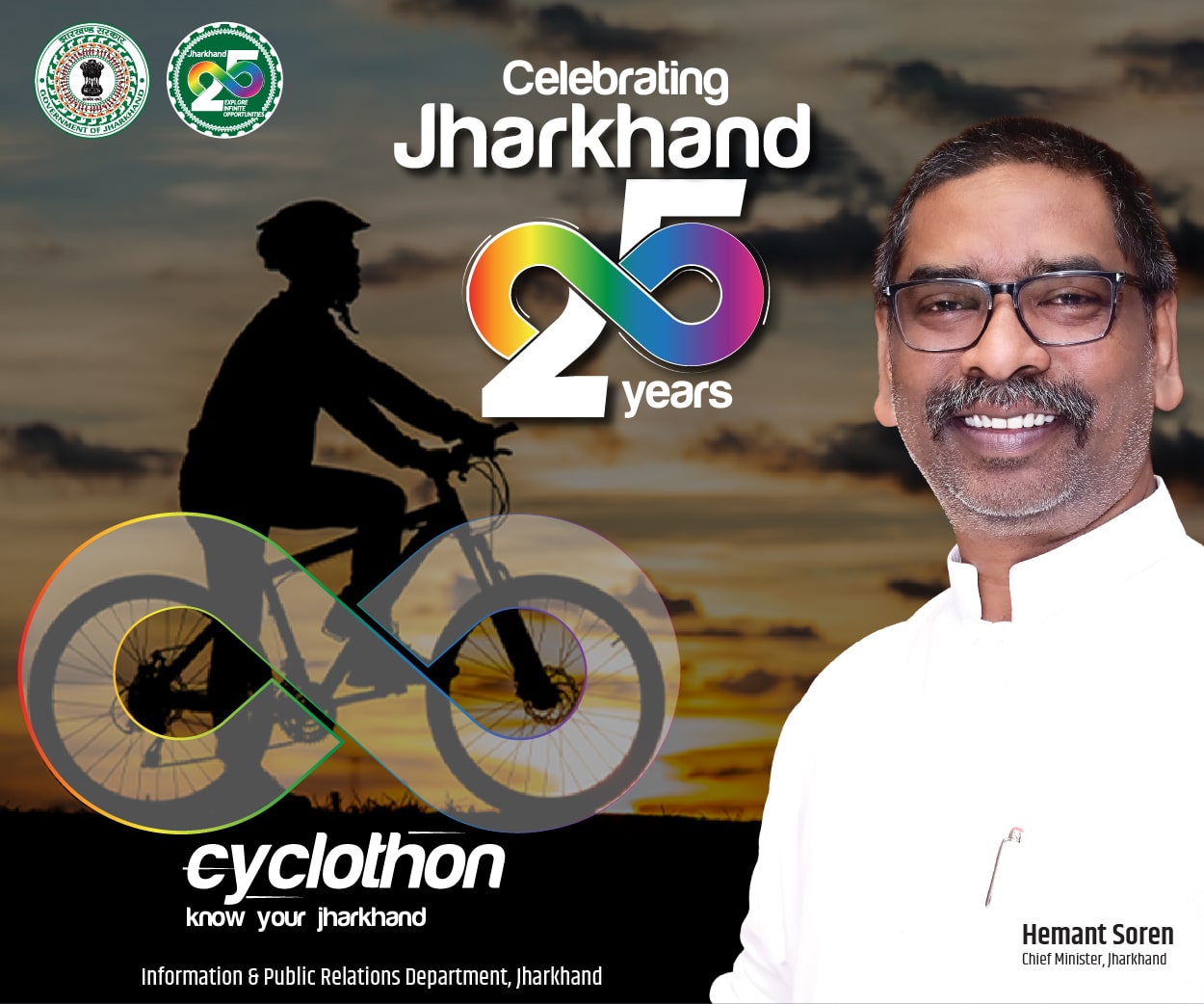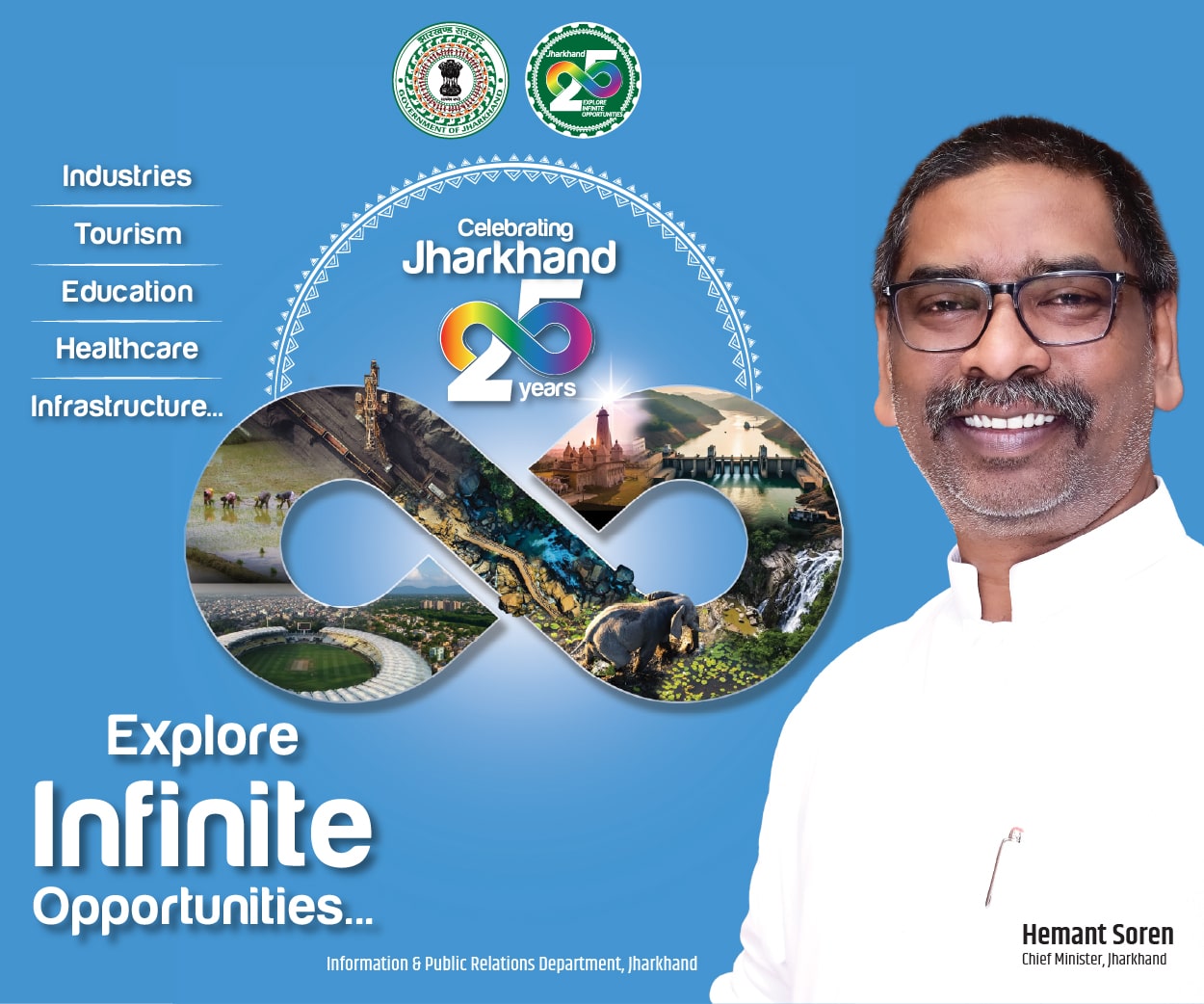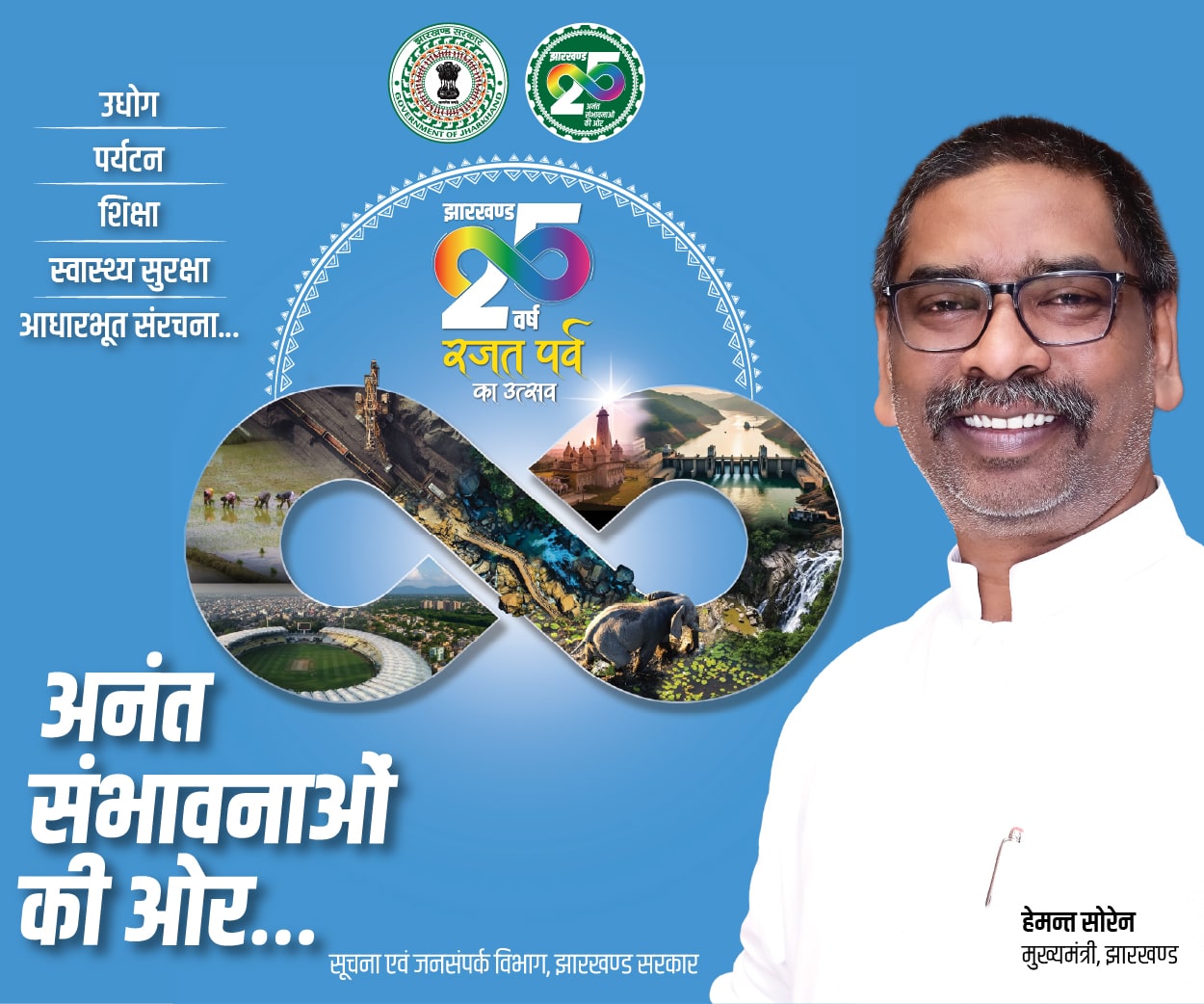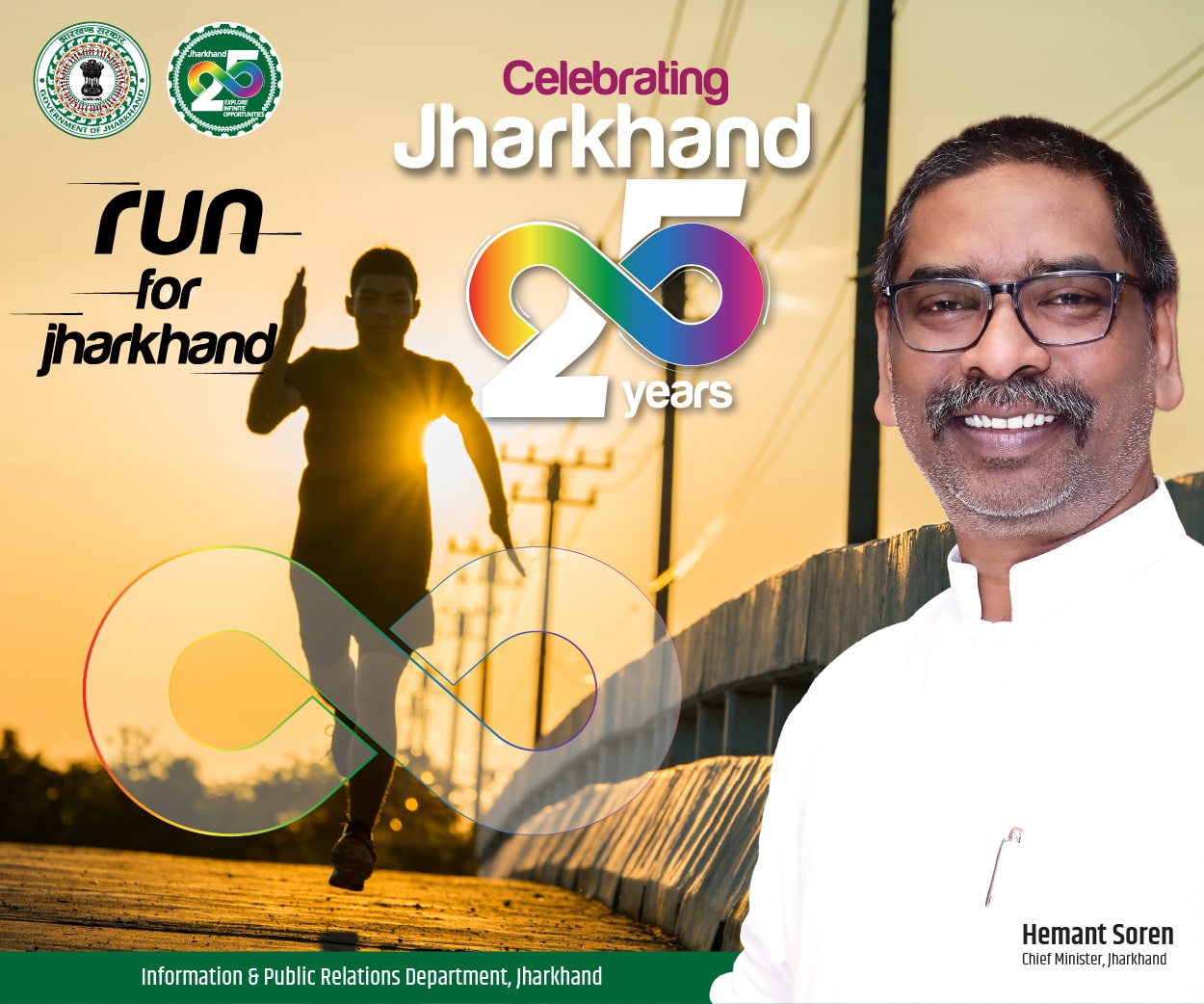



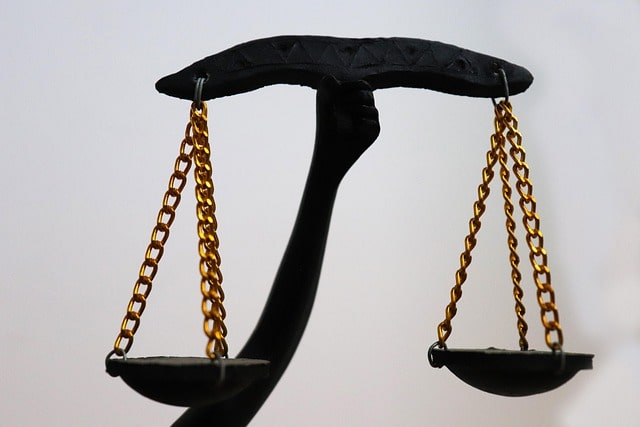
Let’s delve deep into official records accessed by JharkhandStateNews.com. Fact- sheet was provided by Public Information Bureau.
Every body knows that India is the largest democracy in the world. The Constitution of India guarantees equal rights and the equal protection under the law to every citizen. Yet, many are unable to access legal services due to illiteracy, poverty, natural disasters, crime or the lack of financial means, among other barriers.
The Legal Services Authorities were established under the Legal Services Authorities Act, 1987, to provide free and competent legal services to marginalised and disadvantaged sections of society. Since the Act came into effect on November 9, 1995, this day is observed annually as National Legal Services Day to mark its implementation.
On this day, legal awareness camps are held by State Legal Services Authorities across the country, regarding the availability of free legal aid and other services provided by the Legal Services Authorities.
Apart from the Legal Services Authorities, fast-track and other special courts help expedite court cases, while legal awareness programmes, training initiatives and the use of modern technology makes justice more accessible and affordable.

Legal Services Authorities
The Legal Services Authority Act, 1987, established legal aid organisations nationwide to ensure that no citizen suffering from economic or other barriers is denied an equal opportunity for getting justice.
The act established a three-tier system to provide free and competent legal services:

Legal aid is funded by the central and state governments and donations through a three-tier funding structure:

The number of people who benefited from free legal aid in the past three years has risen. From 2022-23 to 2024-25, over 44.22 lakh people benefited from the legal aid and advice given by the Legal Services Authorities.

Anyone who needs free legal services and is eligible can apply to the concerned Legal Services Authority or Committee.
If NALSA receives an application directly, it will forward it to the appropriate authority.
Once the application reaches the concerned Legal Services Institution, it is reviewed to decide the next steps. Depending on the case, assistance may include legal advice, counselling, or appointment of a lawyer to represent the applicant in court.
If the application is accepted:
As per Regulation 7(2) of the National Legal Services Authority (Free and Competent Legal Services) Regulations, 2010, a decision on the application must be made immediately, and not later than seven days from the date of receipt.
Communication of Application Status:
Lok Adalats
The Act also established Lok Adalats and Permanent Lok Adalats, which are alternate dispute redressal forumsorganised by the legal authorities above. The forums settle pending disputes or cases or those at the pre-litigation stage amicably.From 2022-23 to 2024-25 over 23.58 crore cases were resolved through the state, permanent and national Lok Adalats.



Legal Aid Defense Counsel System (LADCS) Scheme
The LADCS scheme by NALSA provides free legal defense in criminal cases for eligible beneficiaries under the Legal Services Authorities Act, 1987.
Designing Innovative Solutions for Holistic Access to Justice
Modern technology is helping people access the legal system easily and affordably, too. About 2.10 crore people (as on February 28, 2025) were given pre-litigation advice, pro bono services, and legal representation and awareness through the DISHA scheme, which has been implemented from 2021-2026. It is funded by the Government of India and has an outlay of Rs. 250 crore.

Percentage-wise Break-up of Tele–law Calls
As on June 30, 2025:
|
Cases Registered |
% wise Break Up |
Advice Enabled |
% wise Break Up |
|
|
Gender-wise |
||||
|
Female |
44,81,170 |
39.58% |
44,21,450 |
39.55% |
|
Male |
68,39,728 |
60.42% |
67,58,085 |
60.45% |
|
Caste Category-wise |
||||
|
General |
26,89,371 |
23.76% |
26,48,100 |
23.69% |
|
OBC |
35,64,430 |
31.49% |
35,16,236 |
31.45% |
|
SC |
35,27,303 |
31.16% |
34,90,737 |
31.22% |
|
ST |
15,39,794 |
13.60% |
15,24,462 |
13.64% |
|
Total |
1,13,20,898 |
|
1,11,79,535 |
|
Legal Awareness Programmes
Many people are unaware of their rights and legal procedures. NALSA conducts various legal awareness programmes on laws related to children, labourers, disaster victims and other marginalised sections of society.
The authorities also prepare booklets and pamphlets in simple language, which are distributed among people. From 2022-23 to 2024-25, over 13.83 lakh legal awareness programmes were organised by the Legal Services Authorities and about 14.97 crore people attended them.
|
Year |
Legal Awareness Programmes Organised |
Persons Attended |
|
2022-23 |
4,90,055 |
6,75,17,665 |
|
2023-24 |
4,30,306 |
4,49,22,092 |
|
2024-25 |
4,62,988 |
3,72,32,850 |
|
Total |
13,83,349 |
14,96,72,607 |
The Department of Justice runs the Legal Literacy and Legal Awareness programme (LLLAP) under DISHA. Various regional implementing agencies state such as the Sikkim State Women commission and the Arunachal Pradesh SLSA run the programme. Through the programme, the department developed communication materials in 22 scheduled languages and dialects of the northeastern states.
Doordarshan also collaborated with the ministry and aired 56 legal awareness TV programmes in six languages, reaching over 70.70 lakh people. 21 webinars on socio-legal issues were aired on government social media channels from 2021 to 2025. Overall, the LLLAP reached over 1 crore people.[19]
Fast Track and Other Courts
Fast-track courts (FTCs) were established for the speedy trial of heinous crimes and civil cases related to women, children, senior citizens, disabled persons, and property cases pending for more than five years—while the 14th Finance Commission recommended 1,800 FTCs during 2015-20, 865 FTCs are currently functional as of June 30, 2025.
A centrally sponsored scheme launched in October 2019 established Fast Track Special Courts (FTSCs) dedicated to victims of serious sexual offenses, including those under the Protection of Children from Sexual Offences (POCSO) Act; as of June 30, 2025, 725 FTSCs including 392 exclusive POCSO courts are functional in 29 states and union territories and have disposed of 3,34,213 cases since inception.
The scheme, which began in 2019-20 with an initial allocation of Rs. 767.25 crore (Rs. 474 crore from the Nirbhaya Fund), has been extended twice, with the latest extension up to March 31, 2026, at an outlay of Rs. 1,952.23 crore (Rs. 1,207.24 crore from Nirbhaya Fund).
Other Courts
Gram Nyayalayas are grass-root level courts to provide access to justice in rural areas. There are 488 Gram Nyayalayas (as of March 2025), facilitating access to timely, affordable, and efficient justice for villagers. These grassroots courts empower rural communities by resolving disputes swiftly and locally
Nari Adalats is a scheme under the Ministry of Women and Child Development’s Mission Shakti scheme aimed at strengthening interventions for women safety, security & empowerment functioning at the Gram Panchayat level. The Adalats are mandated to resolve issues related to domestic violence and other gender-based violence by negotiation, mediation and reconciliation with mutual consent.
They are led by 7-9 women, and work to educate women on their constitutional and legal rights and assist them in availing legal aid and other services.
211 Exclusive Special Courts have been established to deal with the offences related to the Scheduled Castes and Scheduled Tribes (Prevention of Atrocities) Act, 1989.
Training
The National Judicial Academy regularly conducts academic programmes for judges and legal-aid functionaries, providing them with the latest legal knowledge, practical skills, and deeper understanding of challenges faced by vulnerable groups to advance equal access to justice.
NALSA runs the Para-legal Volunteers Scheme to provide legal training to volunteers from diverse backgrounds, who are trained to act as intermediaries between people and legal services institutions. The legal authorities train these volunteers in the constitutional vision of justice, basics of criminal law, labour laws, law for juveniles, and laws for protection of women and senior citizens.
To strengthen capacity-building for legal aid personnel serving marginalised communities, NALSA has developed 4 Training Modules specifically for Legal Services Lawyers and Para-Legal Volunteers (PLVs), and Legal Services Institutions across the country conduct training programmes for panel lawyers and PLVs from time to time—from 2023-24 to May 2024, state legal authorities organised 2,315 such training programmes across India, ensuring that legal assistance is effectively provided to those who cannot afford legal representation.
Conclusion
India’s legal system strives to make justice accessible to all. Removing barriers to justice is inherent in the Indian constitution.
The nationwide network of free legal aid, supported by Lok Adalats, fast-track courts, legal awareness programmes allow for quick and easy dispute resolution. Legal aid and outreach programmes on legal awareness have also reached crores of Indians, ensuring that even the most vulnerable sections of society can access their fundamental right to justice without constraints.
